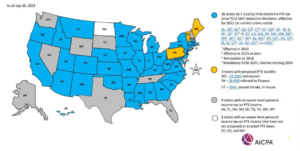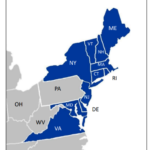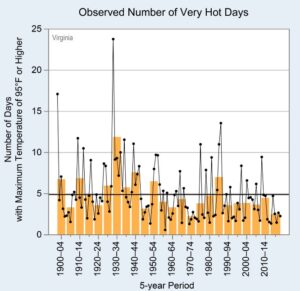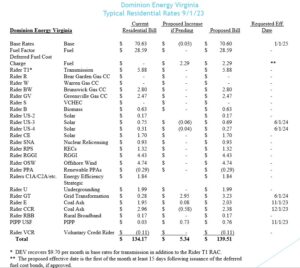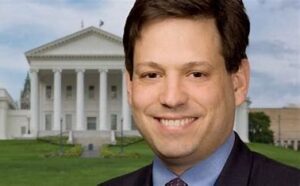In two weeks, the people of Virginia will decide on two competing visions for the future of Virginia. Will they elect a General Assembly favoring Governor Glenn Youngkin’s more freedom-oriented policy vision, or will they elect a General Assembly returning the Commonwealth to the statist policy vision of former governors Terry McAuliffe and Ralph Northam?
While much of the current debate in the Commonwealth has focused almost solely on abortion, the number of issues “on the ballot” in this election is much broader and ought to be more closely considered by voters. If readers want a deeper dive into these issues, links to the Thomas Jefferson Institute’s work in these areas are included.
Surpluses are on the ballot in Virginia.
Earlier this year, faced with an historic $5.1 billion surplus, Governor Youngkin and Democrats in the Virginia Senate reached a deal to cut $1.05 billion in taxes and allocate $3.7 billion in new, one-time spending. This $3 in new spending for every $1 in tax cuts is backward.
Budget officials in Virginia just reported that in the first quarter of this fiscal year, surpluses are continuing to be amassed in Richmond. Coupled with the official projections for spending and revenue for the next few years, the next General Assembly will almost certainly be faced with large cash surpluses. Continue reading


